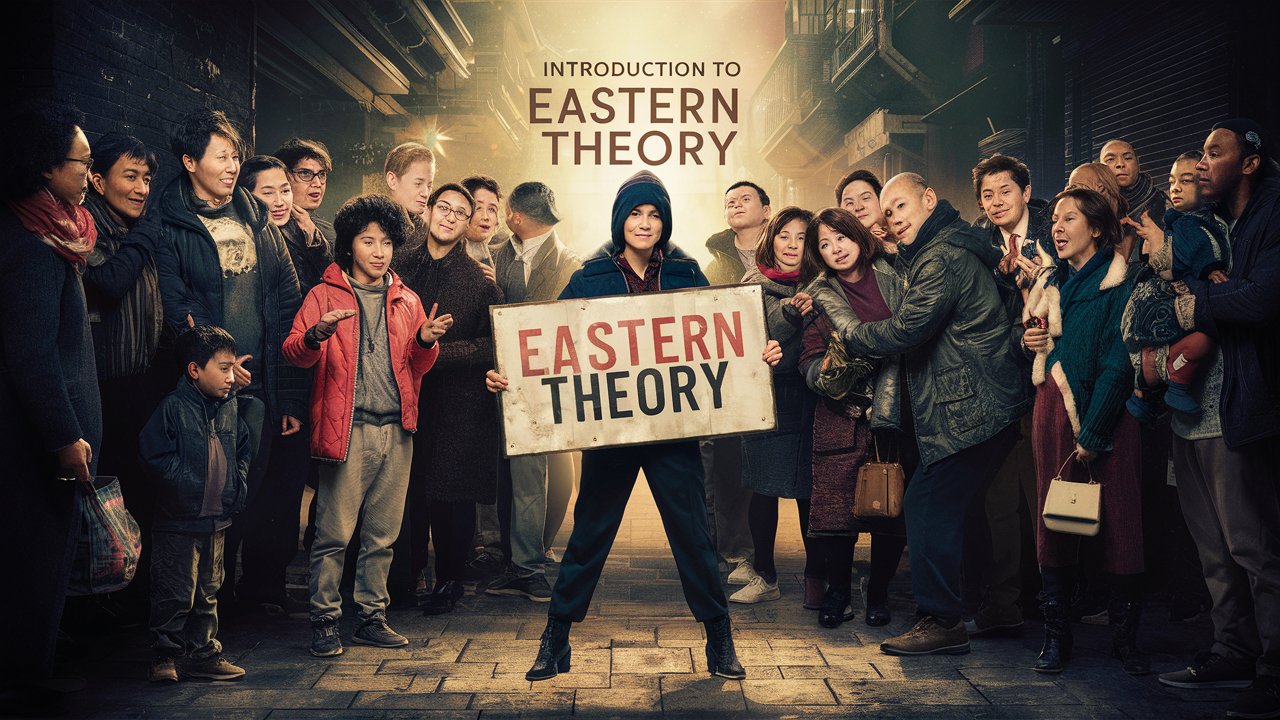AI-Powered Technology Providers https://apps.mysticomni.com/dreamanalysis
Original
入帝王官行大吉 拜朝廷者主富贵 入王侯府主大吉 行道宫见仙主吉
坐官府中主大吉 神庙广大事事吉 上楼阁坛俱大吉 上高堂大富贵至
高楼饮酒富贵至 家起高楼安稳事 上城为人所拽吉 上城被执官职显
城郭广大财喜多 城中行凶出门吉 连城青色有喜吉 登赤城郭主大吉
盖城上屋大吉利 上屋主富出园吉 上屋破坏家道凶 堂上有棺身安乐
正堂倒陷家主凶 覆盖屋宇长命吉 屋宅更新主大吉 风吹屋动主迁移
迁入他人新宅吉 居田宅主妻喜事 搬移破屋主美妻 人或典房主官让
家道贫穷大吉利 洒扫宅舍远人来 典卖田舍主失位 屋宅无人主死亡
屋下穿身有暗昧 逾墙度宅险事去 与人争屋主大凶 与妇人争屋主吉
房梁忽折主大凶 院宅坑下主死亡 妻男墙下官位至 墙上掘土主更改
军人入宅主大吉 死央瓦落妇争斗 屋中生马男信至 尾中生草家欲空
屋上生松柏益寿 修理田舍有大喜 入寺院中生贵子 寺舍看经病人痊
迁移尼寺主病至 超盖仓库福禄至 仓库崩坏百事凶 入仓库中大吉昌
Interpretation
Translation
Entering the emperor’s palace foretells great fortune. Bowing in the imperial court foretells wealth and honor. Entering the mansion of a king or marquis foretells great fortune. Visiting a Taoist temple and seeing an immortal foretells good fortune. Sitting in the government office foretells great fortune. A vast temple or shrine foretells good fortune in all matters. Climbing to the top of a tower or altar foretells great fortune. Ascending to a high hall foretells great wealth and honor. Drinking wine in a tall building foretells wealth and honor. Building a tall building at home foretells stability and peace. Being pulled up to the city wall foretells good fortune. Being seized on the city wall foretells a prominent official position. A vast city wall foretells abundant wealth and joy. Acting aggressively within the city but leaving foretells good fortune. A continuous city wall with a blue hue foretells happiness and good fortune. Climbing a red city wall foretells great fortune. Building a house on the city wall foretells great fortune. Ascending to the roof foretells wealth and leaving the garden foretells good fortune. A damaged roof foretells misfortune for the family’s way. A coffin in the main hall foretells peace for oneself. The main hall collapsing foretells misfortune for the head of the family. Covering the house predicts a long life and good fortune. Renovating the house foretells great fortune. The wind shaking the house foretells relocation. Moving into someone else’s new house foretells good fortune. Living in a farm house foretells joyous events for one’s wife. Moving a dilapidated house foretells a beautiful wife. Renting or mortgaging a house foretells an official concession. Being poor at home foretells great fortune. Sweeping and cleaning the house foretells the arrival of distant guests. Selling or mortgaging farmland foretells losing one’s position. An unoccupied house foretells death. Passing through under the house foretells secret affairs. Climbing over the wall and crossing the house foretells the end of dangerous events. Arguing over a house with others foretells great misfortune. Arguing over a house with a woman foretells good fortune. The sudden breakage of a beam foretells great misfortune. A pit in the courtyard foretells death. A man and wife under the wall foretells an official position. Digging in the wall foretells changes. Soldiers entering the house foretells great fortune. Dead or falling tiles foretell disputes among women. A horse born in the house foretells the arrival of a man’s letter. Grass growing in the tail foretells the family will become impoverished. Pine or cypress growing on the roof foretells increased longevity. Repairing farm buildings foretells great joy. Entering a temple foretells the birth of a noble child. Staying in a temple and reading scriptures foretells the recovery of a sick person. Moving to a nunnery foretells the arrival of illness. Building over a warehouse foretells blessings and wealth. A collapsing warehouse foretells misfortune in all matters. Entering a warehouse foretells great fortune and prosperity.
Cultural Explanation
This passage is filled with traditional Chinese beliefs about the symbolism of various actions and events related to buildings, houses, and religious spaces as omens for one’s future. It reflects the cultural practice of interpreting these events as signs that could predict future events, particularly related to one’s social status, health, and fortune.
- Imperial and Noble Places: Entering the emperor’s palace or the mansion of a noble is seen as a sign of great fortune, indicating favor and potential for advancement.
- Religious Spaces: Visiting temples or shrines and seeing divine figures is considered auspicious, suggesting spiritual blessings and good fortune.
- Housing and Construction: Building or renovating a house is generally seen as a sign of prosperity and stability. However, certain events, like a damaged roof or a collapsed hall, are seen as bad omens.
- Social Disputes: Arguing over a house with others is considered a bad omen, while doing so with a woman is seen as good, reflecting traditional gender roles and expectations.
- Military Presence: Soldiers entering a house are seen as a sign of good fortune, possibly indicating protection or support from authoritative figures.
- Religious and Healing: Activities related to temples, such as reading scriptures or staying in a temple, are associated with healing and the birth of noble children, reflecting the belief in the power of religion for spiritual and physical well-being.
These beliefs and practices were deeply ingrained in ancient Chinese society, where the built environment and interactions with it were closely watched and interpreted for signs of one’s destiny. They offer a unique perspective on the cultural values and expectations of the time, highlighting the importance of harmony, stability, and the influence of the divine in everyday life.
Refs:
Uncovering the Mystery of Dreams: Eastern Theory
Uncovering the Mystery of Dreams: A Modern Interpretation of Ancient Oriental Art

